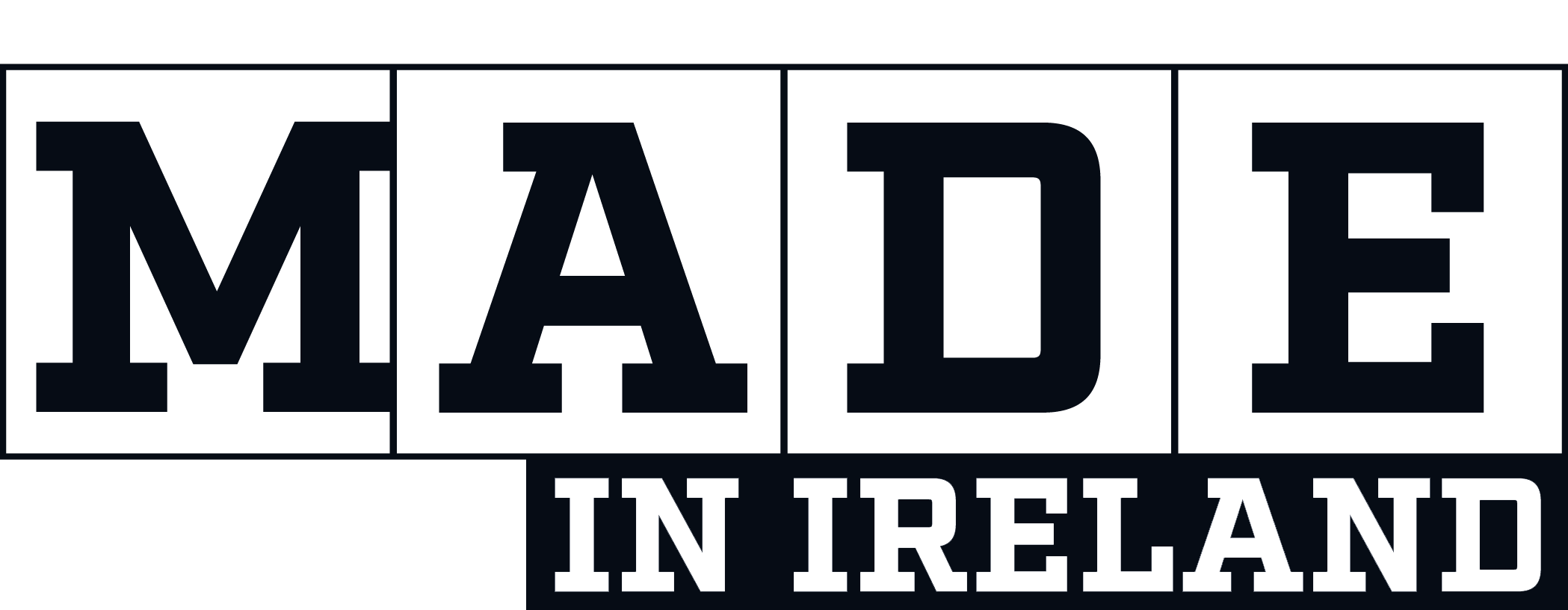It is this mission statement that emphasises why the organisation has a Bumotec S191neo machine at its facility in Mullingar.
Explaining the relationship between Starrag and the Irish Manufacturing Research (IMR), Chris Judge, the Head of Machining Technologies at the Irish Manufacturing Research (IMR) says: “The IMR is a not-for-profit state-funded organisation to help Irish manufacturing organisations to explore and adopt new and emerging technologies. Starrag approached IMR about having the Bumotec machine installed at our facility, and we are delighted with this as it enables IMR to bring very advanced technology to precision engineering companies. It allows engineering companies to access that level of technology and since then, we have had multiple companies and agencies engaging with us to perform test cuts - with a test before invest situation. The installation gives companies a risk-free scenario to see the potential of the technology.”
Following hugely successful pilots in ICMR and i2e2 industry-led initiatives, the IMR was established in 2014. Initial funding of €15m was approved and the first staff were hired. A collaborative R&D program ramped up, launching projects in IoT, data analytics, chilled water optimisation, knowledge management and schedule optimisation. To support the expansion of the research roadmap into areas including additive manufacturing, machining and robotics, with their much larger equipment footprint, IMR successfully developed a new industrial R&D lab in the old tobacco factory in Mullingar. In partnership with a cluster of Irish SMEs, a unique national facility supporting high-TRL industry-focused research in a ‘factory’ environment was launched.
Now, IMR has more than 60 experienced staff continually developing a portfolio of highly impactful research for industry. The IMR has grown strong links to Europe and it has won multiple EU-funded programs. The IMR is delighted to be making a difference for Irish-based manufacturers and it is aiming to assist many more on their Industry 4.0 journey.
Discussing the event hosted by the IMR at its facility in Mullingar, County Westmeath, Ireland, Lee Scott from Starrag UK adds: “Instead of having a seminar where lots of people come together, we have done timed events where people can come and have one-to-one meetings and talk in private about their problems and challenges with their parts. It enables manufacturers to see two very different components being machined on the Bumotec S191neo with a changeover in between. This ability to changeover from one part to another as well as its incredible capability is a huge selling point of this technology.”
Looking closer at the machine, Martin Richardson from Starrag UK comments: “This machine is our Bumotec S191neo and it's our advancement from the old S191. It’s a 7-axis machining centre mill/turn, which makes it a very flexible machine with multi-axis, multi-position and multi-pick-up stations. What we are trying to do with this event at the IMR is demonstrate the quick changeover from one part which is an anterior bone or spinal plate to central jaws that are part of a robotic arm set-up that can change vice jaws, spindle collets and spindle liners from one to another which is in the region of 5 to 10 minutes. From there, a probing program initially sets the tooling lengths for each tool that has been changed and then the machine is back up and running in 15 to 20 minutes.”
Looking at a selection of components manufactured on the Bumotec S191neo at the IMR, Paul Zajac from Starrag UK says: “The machine is capable of manufacturing a very wide range of complex parts for a wide range of industries. The parts vary from aerospace industry components like fuel injection systems for turbines to the medical technology industry and implant parts. There is also a wide range of parts for the watchmaking industry, the micro-mechanical industry and in particular very accurate parts that may be fitted into satellites. The parts are machined from a wide range of materials from plastic through to PEEK, stainless, carbide, ceramics - both green and white hardened ceramics that you can only grind, right through to titanium.”
Confirming this diversity of application range, Ethan Croke from Starrag UK says: “It’s great to show the diversity of the machine and how quickly it can be changed over. Engineers need to know about the rapid changeovers and how it is not just a machine built for a single application. The Starrag applications team are particularly strong and the machines are extremely well built.”










